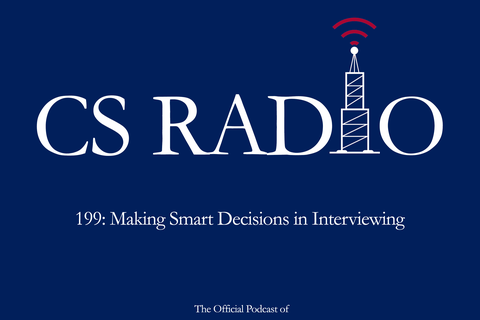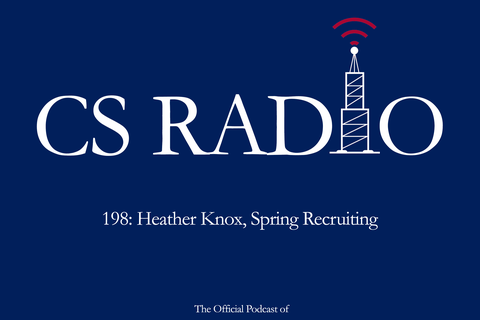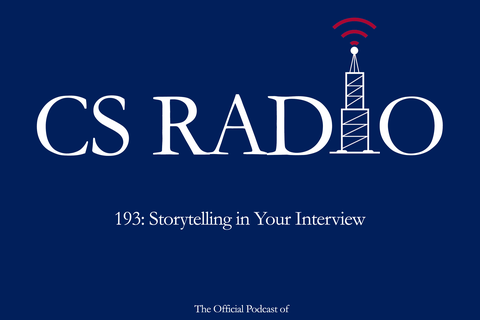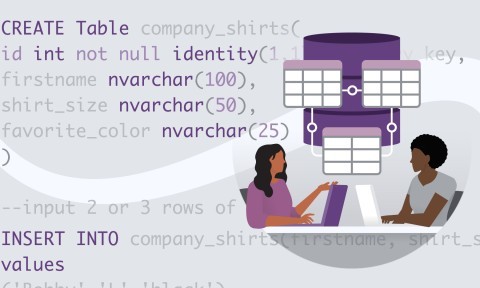Interviewing for jobs and internships
The purpose of the resume and cover letter that you spend hours working on is to get you an interview, and so it is the interview itself that helps you get the job. Interviews come in all shapes and sizes. There are the screening-type interviews over the phone or video. There are very structured interviews where each candidate is asked exactly the same questions so their answers can be directly compared. And then there are informal interviews that feel more like a conversation, where there don’t seem to be any questions asked at all. Types of interviews include case interviews for consulting roles, technical interviews for tech roles, and behavioral interviews for most industries. The type of interview you might get depends on the type of role you are applying for, and the type of organization you hope to get an offer from.
In most cases, the preparation for any of these interviews is much the same. You must know as much as possible about the organization and the role you are interviewing for. That means that you’ll want to investigate the people you will be speaking with at the interview beforehand, and you should be excited and ready to answer the questions that are typically asked in every job interview.
A good strategy for any upcoming interview is to think about what you want the interviewers to know in terms of your skills and experiences, come up with stories that illustrate these, and then look for every opportunity to use these examples in your interview answers. If you have come up with 3-4 examples of your skills in action, and have practiced talking through these examples out loud before the interview, then you can easily adapt the examples to answer a wide range of questions.
Online interview-prep platforms
For general interview preparation, and especially to learn more about creating effective STAR stories for behavioral interviews, take advantage of Big Interview. If you are getting ready for consulting interviews, then use Management Consulted (and take a look at this case interview guide). And if you have technical interviews coming up, then you can use the Exponent platform to get prepared.
What questions will you be asked?
If you look at some of the employer pages on Handshake, you will often find examples of the types of questions other students have been asked when interviewing. You can also look on Glassdoor to get examples of interview questions. These are just the types of questions you could be asked, don’t forget to have stories ready to illustrate the skills and experiences they are seeking.
Quick guides for interviewing
You can find some quick tips for internship and job interviews in this guide. If you are a graduate student or postdoc, then look at this interviewing guide. Both guides have sample interview questions, and highlight the importance of telling STAR stories in interviews.
Interview workshops & presentations
You can find some of our recorded workshops on interviewing strategies in this YouTube playlist. We add new presentations each semester, and so make sure to subscribe to the Penn Career Services YouTube channel to get notifications of new content.
Interview resources for grad students
There are some great interviewing resources for internship and job interviews on the Beyond Graduate School platform (for Master’s students), and also interview resources for careers beyond academia on the PhD Career Training platform (For PhD students/postdocs), that are free to use.
Interviewing for faculty positions
If you are a PhD or postdoc on the academic job market, and want advice on interviewing for faculty positions, take a look at this guide, our recorded faculty prep camp playlist here, and the faculty careers resources on the PhD Career Training platform.














